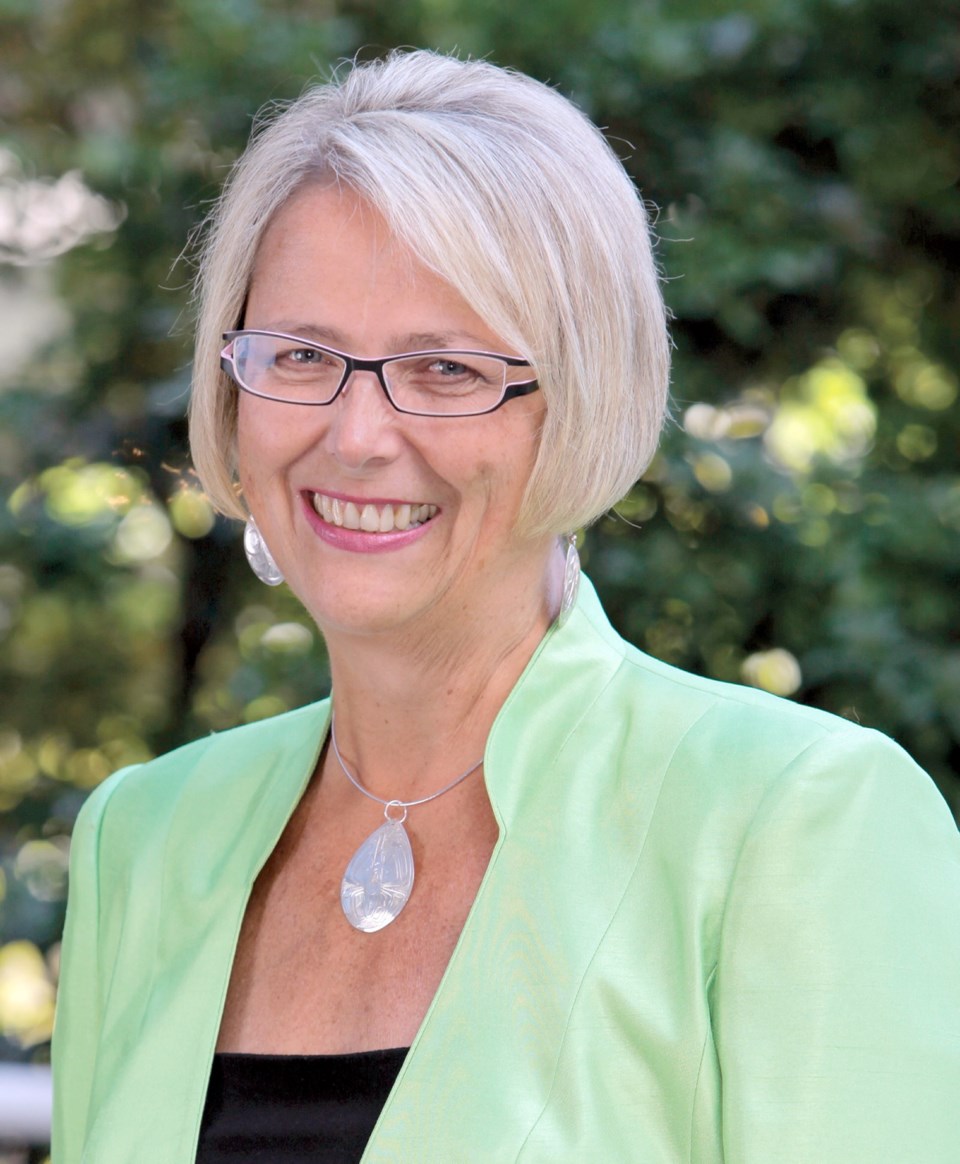 Bucking the trend of some legislature standing committees, the health one is actually holding meetings and trying to accomplish something.
Bucking the trend of some legislature standing committees, the health one is actually holding meetings and trying to accomplish something.
Some of them exist only on paper and do next to nothing. Aboriginal affairs, Crown corporations and education are on a list of committees that get created every legislative session, then sit dormant. MLAs who are nominally members of them sit poised, ready for instructions that never come.
There are bipartisan standing committees that do meet regularly. Finance, children and youth and public accounts committees conduct routine business. But the others have a skimpy record of accomplishment.
The Crown corporations committee held meetings and delivered a report in 2007, but hasn’t been heard from since. The aboriginal affairs group in 2001 studied the treaty questions that were going to be put to a referendum and delivered a report, but it hasn’t met since.
The education committee delivered a report on adult literacy in 2006 and has done nothing since then.
The basic reason is that it’s easier for cabinet ministers to make up their own minds on an issue than go through the time-consuming process of fobbing an issue off to a committee.
And in cases where they want to buy some time, the standing committee isn’t always the preferred option, because there are Opposition members on board. Referring a matter to a bipartisan committee is a roll of the dice, because the government is never sure what it’s going to get back. The reluctance is common to all governments. The NDP government had nine standing committees that were inactive for the entire term of government from 1996 to 2001.
With that as a backdrop, the health committee was actually handed an important job to do, for the second parliament in a row. It also compiled a report on juvenile obesity a few years ago.
The government tasked it in February with following up on work the previous health committee started three years ago. It was told to delve into the effect aging baby boomers were having on the health-care system. That committee produced an interim report that cautiously concluded the impact is somewhat overstated.
The aging population is projected to account for just one per cent of the annual growth in health costs. Inflation and population growth account for more.
It also took a broader look at health care issues coming up in the next 25 years, with a view to making the system sustainable.
Although the “silver tsunami” issue is overplayed, the continuing rise in health costs has been a pressing issue for years.
MLAs are now charged with considering that conclusion and outlining potential alternative strategies to curb the other cost drivers that push health spending higher every year. They are also expected to “identify current public levels of acceptance towards the potential alternative strategies.”
Kelowna-Lake Country Liberal MLA Norm Letnick got the work started shortly after the election last year and has chaired a number of sessions since then, in which 10 MLAs were given a crash course in “Health 101.” But he was named agriculture minister two weeks ago, so a new Liberal MLA will have to be named to the committee and a new chairperson selected.
Letnick cited a report late last year that outlined the essential problem. “The report indicates the pressures on the system are growing five to six per cent a year over the next 25 years, and the economy is only growing at three to four per cent a year. Obviously, a financial disconnect is going to happen sooner or later. There will be a performance gap there.”
Deputy chair Judy Darcy (NDP New Westminster) is enthusiastic about the work the group is doing. She said fundamental questions about health reform are being asked, to do with rural health care, mental-health issues, waiting times and the social determinants that go into British Columbians’ well-being.
At the last meeting three weeks ago, Letnick talked about an ambitious plan to solicit hundreds of ideas, winnow them down to a manageable number then consult publicly on which concepts to pursue.
Assuming they follow that course with a new chair, anyone with any badly needed bright ideas can submit them in coming months.



